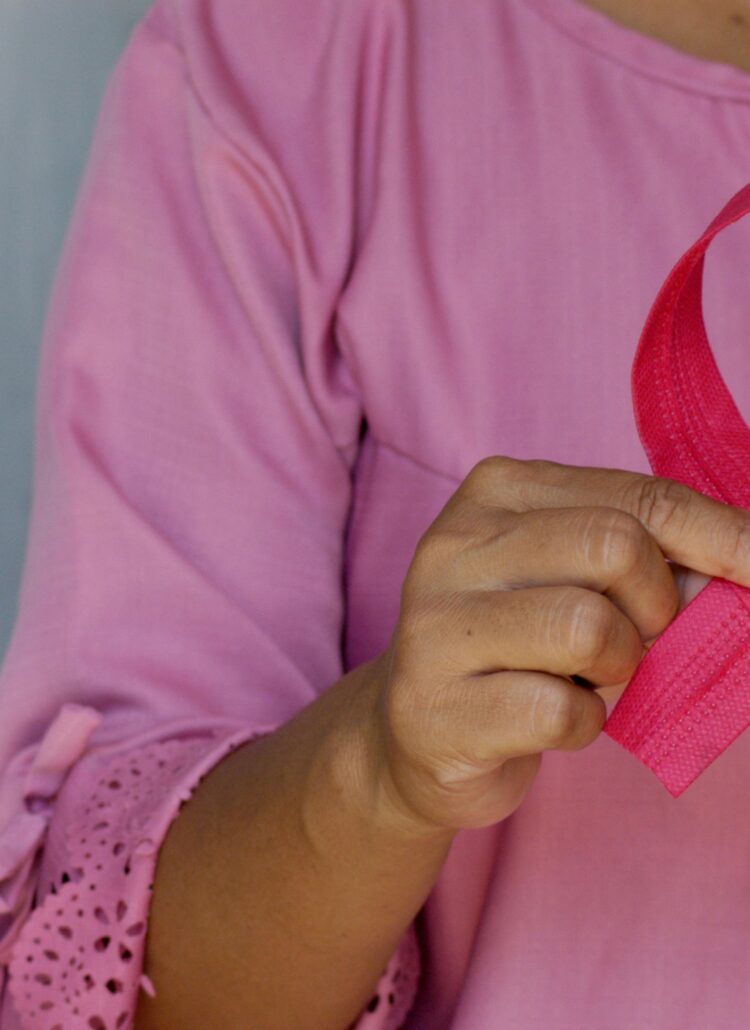
Breast cancer prevention begins with understanding the risk factors and adopting a proactive approach to maintain breast health. While some risk factors, such as family history and genetic predisposition, cannot be changed, there are several lifestyle choices and habits that can significantly reduce the risk of developing breast cancer.
Here are 10 essential tips for breast cancer prevention:
- Maintain a Healthy Weight: Obesity and being overweight are associated with an increased risk of breast cancer, especially after menopause. Aim for a healthy weight through a balanced diet and regular physical activity.
- Engage in Regular Physical Activity: Exercise not only helps in maintaining a healthy weight but also reduces the risk of breast cancer on its own. Aim for at least 150 minutes of moderate-intensity exercise or 75 minutes of vigorous-intensity exercise each week.
- Limit Alcohol Consumption: Alcohol consumption is linked to an increased risk of breast cancer. Limit alcohol intake to no more than one drink per day, if you choose to drink.
- Quit Smoking: Smoking has been associated with an increased risk of breast cancer, particularly in premenopausal women. Quitting smoking not only reduces the risk of breast cancer but also improves overall health.
- Breastfeed, If Possible: Breastfeeding has been shown to lower the risk of breast cancer, especially if done for a longer duration. If you’re able to breastfeed, consider doing so for as long as possible.
- Eat a Healthy Diet: A diet rich in fruits, vegetables, whole grains, and lean proteins can help reduce the risk of breast cancer. Limit processed foods, red meat, and sugary beverages, and opt for a diet high in fiber and antioxidants.
- Limit Hormone Therapy: Hormone therapy containing estrogen and progesterone, used to manage symptoms of menopause, has been linked to an increased risk of breast cancer. If you’re considering hormone therapy, discuss the risks and benefits with your healthcare provider.
- Be Sun Safe: Limit exposure to sunlight and avoid tanning beds, as excessive UV radiation exposure increases the risk of developing melanoma, a type of skin cancer that can spread to the breasts.
- Conduct Regular Breast Self-Exams: Get to know the normal look and feel of your breasts through regular self-exams. Report any changes, such as lumps, dimpling, or nipple discharge, to your healthcare provider promptly.
- Schedule Regular Screening Tests: Follow recommended guidelines for breast cancer screening, including mammograms and clinical breast exams. Early detection through screening can significantly improve treatment outcomes.
In conclusion, incorporating these tips into your lifestyle can help reduce the risk of breast cancer and promote overall health and well-being. By taking proactive steps to maintain breast health, you’re empowering yourself to live a healthier and happier life. Remember, prevention is key, and every small effort counts in the fight against breast cancer.


